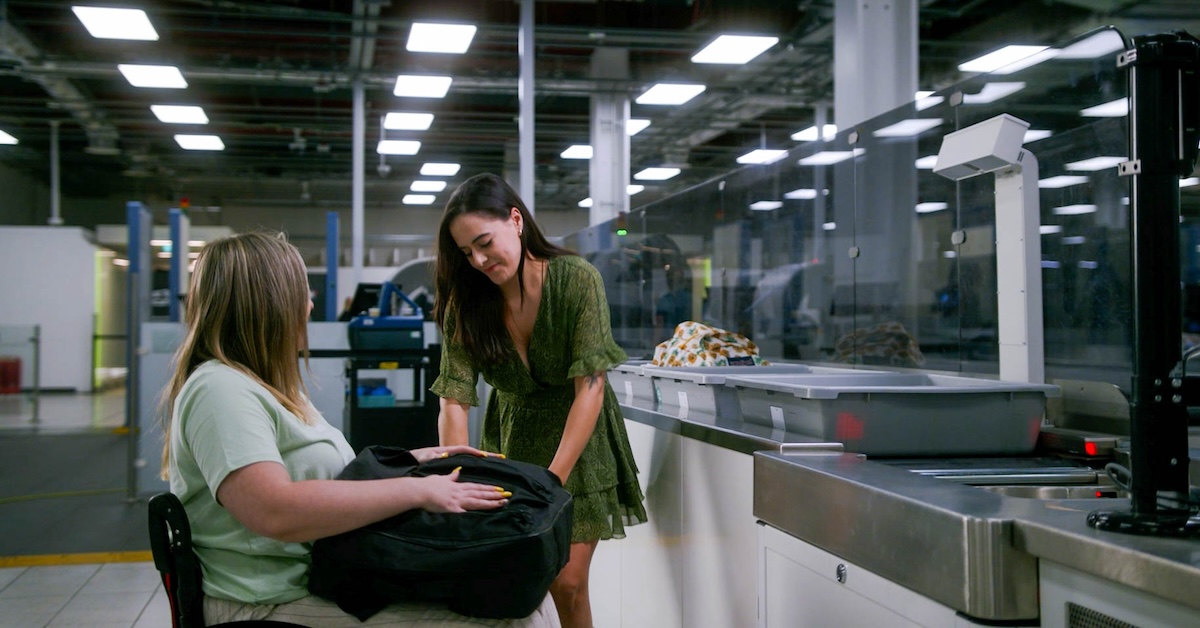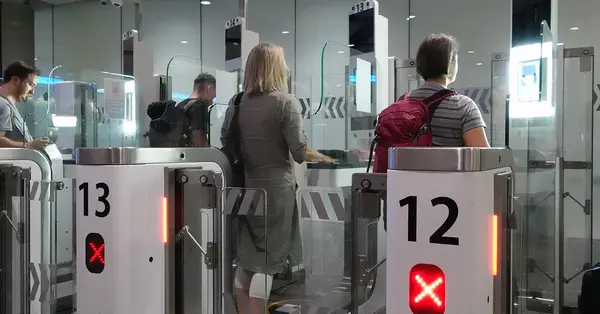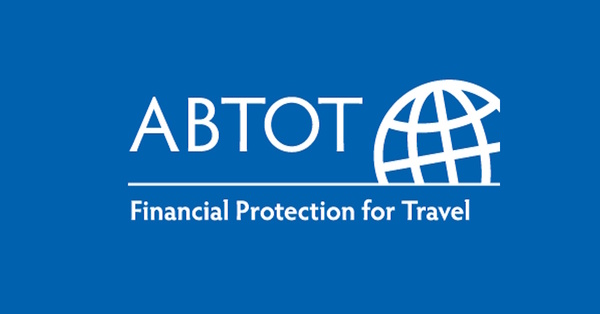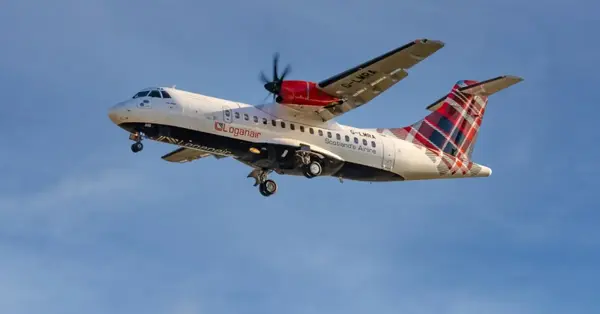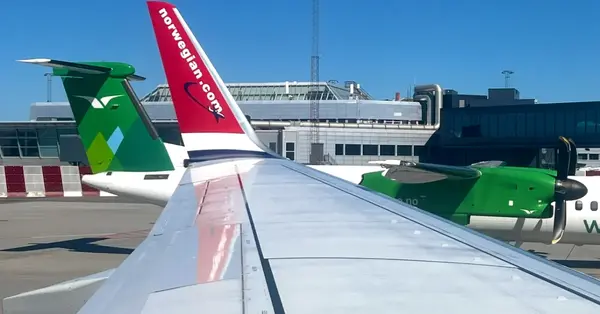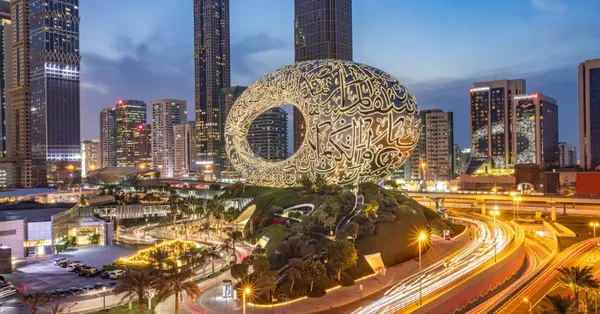You are viewing 1 of your 2 free articles
Analysis: Security retightened on liquids at airports
A problem with the most high-tech security scanners means the return of wholesale restrictions on liquids at airports. Ian Taylor explains
The reimposed airport security restrictions on liquids in hand luggage will remain in place for months at least despite the increasing deployment of computer tomography (CT) scanners at airports.
The UK Department for Transport (DfT) reintroduced 100ml restrictions on liquids in cabin luggage at all airports from June 9, after previously imposing a June 1 deadline for airports to install the CT scanners claiming it would mean “the era of the tiny toiletry is over”.
More: Blanket 100ml liquids restrictions to return at EU airports
Airport Operators Association criticises government liquids U-turn
Passenger confusion over airport liquids rules ‘will cause delays’
The EU followed suit this week, imposing similar restrictions at airports where the CT scanners are in use as of September 1 – the restrictions remained anyway at most airports and wherever older X-ray security scanners are in use.
Industry and passengers remain in the dark as to why the restrictions were reimposed. But it appears the DfT acted following a European Commission decision on April 23 to suspend certification of the scanners.
That EC decision in April followed receipt of “information indicating that the equipment does not meet the standard for which it has been approved”.
It noted: “A specific configuration of standard C3 Explosive Detection System equipment for cabin baggage . . . does not meet the required performance as regards screening of liquids, aerosols and gels.”
As a result, the scanners could only operate “with a limit of the maximum volume of [liquid] containers”.
The EC set this limit on volume at 330mls in April. But the UK imposed a 100ml restriction, presumably because 100mls remains the standard restriction for passing through the existing airport scanners, and doing otherwise would produce chaos.
The EU has now followed suit.
Same information
The DfT has made no statement on the issue since imposing the restrictions. But presumably the department received the same information as the EC and followed its lead.
At least it acted quickly, as this is a security issue. But it seems likely the lack of an explanation from the government in June had more to do with ministers viewing action in line with an EC decision as politically dangerous in the run-up to the general election.
At the time, the DfT described the measure as “temporary” while pointing out 94% of air passengers this summer would use UK airports where the restrictions remained in place anyway.
But the restrictions are unlikely to be removed any time soon – certainly not this summer in the UK.
A senior industry source suggested that recertifying the scanners “will take a while”, telling Travel Weekly: “Technical solutions are required which have to be agreed across manufacturers, then certified and implemented across all airports.
“We want this done as soon as possible because there has been huge investment in the equipment. But a process has to be gone through.
“We don’t know how long it will take. We imagine it will be months.”
Luton became the largest UK airport to deploy the new scanners throughout its security last week, claiming this would mean “quicker security checks” despite noting “government restrictions mean bottles and containers must still be limited to 100ml or less”.
But passengers carrying oversize liquids in hand luggage – such as normal-sized drinks, perfumes and toiletries – will see them confiscated at security, risking confrontations with some passengers.
Airports representatives have understandably reacted with a degree of anger.
The Airports UK association criticised the abrupt decision, at less than two days’ notice, to reimpose restrictions on liquids where the new scanners are in use.
It pointed out the airports are in process of installing the scanners “to specifications and a timetable mandated by the government” in an investment costing “hundreds of millions of pounds”.
Airports UK chief executive Karen Dee warned of “uncertainty for passengers just as airports enter their busiest periods”, with airport operators given “limited time to prepare for the additional staffing and wider resources this will require”.
European airports association ACI Europe similarly noted the “blow to major investments by airports” and questioned the trust the industry can place in the process of certification.
It pointed out the high-tech scanners are on average “eight times more expensive than the X-ray screening machines they are replacing” and the costs of operating and maintaining the scanners “four times higher”.
ACI Europe director general Olivier Jankovec noted airports invested in the scanners “based on the EU having greenlighted this equipment without any restriction”.
The association called for “a fully integrated EU testing and certification system for aviation security technologies”.
‘Era of the tiny toiletry’
The UK government’s announcement in December 2022 of the June 1 2024 deadline for installing the scanners at major airports now looks mistaken and somewhat cavalier. The deadline was always unlikely to be met.
Yet the government persisted with the June 1 date up to April this year despite months of being told by airports that the deadline could not be met.
In the event, only London City, Newcastle, Leeds-Bradford, Aberdeen, Southend and Teeside airports which handle 6% of passengers had met the deadline by June.
The government’s claim in 2022 that its announcement would mean “the era of the tiny toiletry is over” looks like just one more unrealistic and unmeetable pledge by a government which dealt in these.
Airports are entitled to ask why they were ordered to invest hundreds of millions in the scanners and the associated work to install them, and to do so in haste.
Passengers should expect the era of the tiny toiletry to continue for some time.

